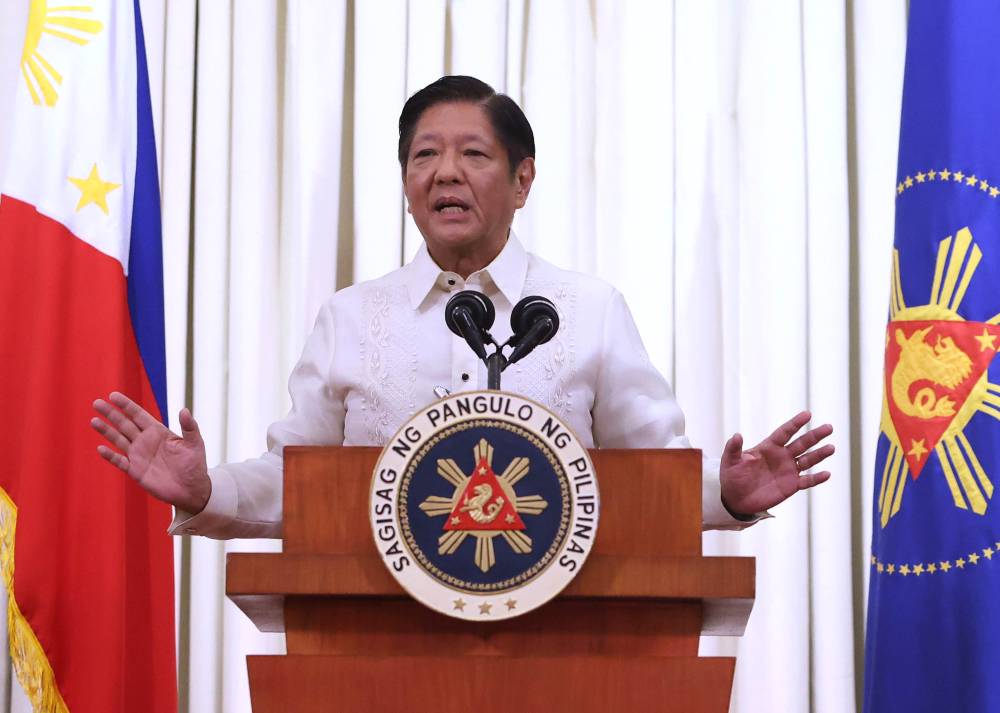Marcos enacts law postponing BARMM elections

President Marcos has signed the law postponing the first parliamentary elections in the Bangsamoro Autonomous Region in Muslim Mindanao (BARMM) from May 12 to Oct. 13 this year.
Republic Act No. 12123—which pushed back the BARMM polls by five months—was signed by the President on Wednesday.
Under the law, aspirants who filed their certificates of candidacy (COC) in November last year will be automatically considered as candidates and nominees in the BARMM elections on Oct. 13.
New filings for COCs will not be entertained while the substitution of candidates and nominees will not be allowed except in cases of death or disqualification.
The terms of office of the members of parliament first elected will begin at noon of Oct. 30 following their election.
In case the seats originally allocated to Sulu are reapportioned by the Bangsamoro parliament, the Commission on Elections may issue new guidelines on the filing of COCs.
RA 12123 said the Oct. 13 polls will not be treated as a special election but will be deemed a continuation of the May 12 midterm elections.
This means that any amount obligated prior to the resetting of the said polls is still valid.
Interim gov’t
The next BARMM elections will be held and synchronized with the 2028 national elections and every three years thereafter.
Meanwhile, the Bangsamoro Transition Authority will continue acting as the region’s interim government unless its members are replaced by the President or their tenure is shortened due to their election to another office.
As to the question of Sulu—which was excluded from the BARMM after the province rejected the Bangsamoro Organic Law in a plebiscite—the law said the BARMM will disburse the share of Sulu “in the annual block grant from the national government for the undertaking of its programs in 2025.”
The Bangsamoro Parliament, under the law, is composed of 80 members, 40 of whom shall be representatives of political parties, 32 as representatives of parliamentary districts, and eight representing reserved seats and recognized sectors. —WITH A REPORT FROM JEROME ANING
















